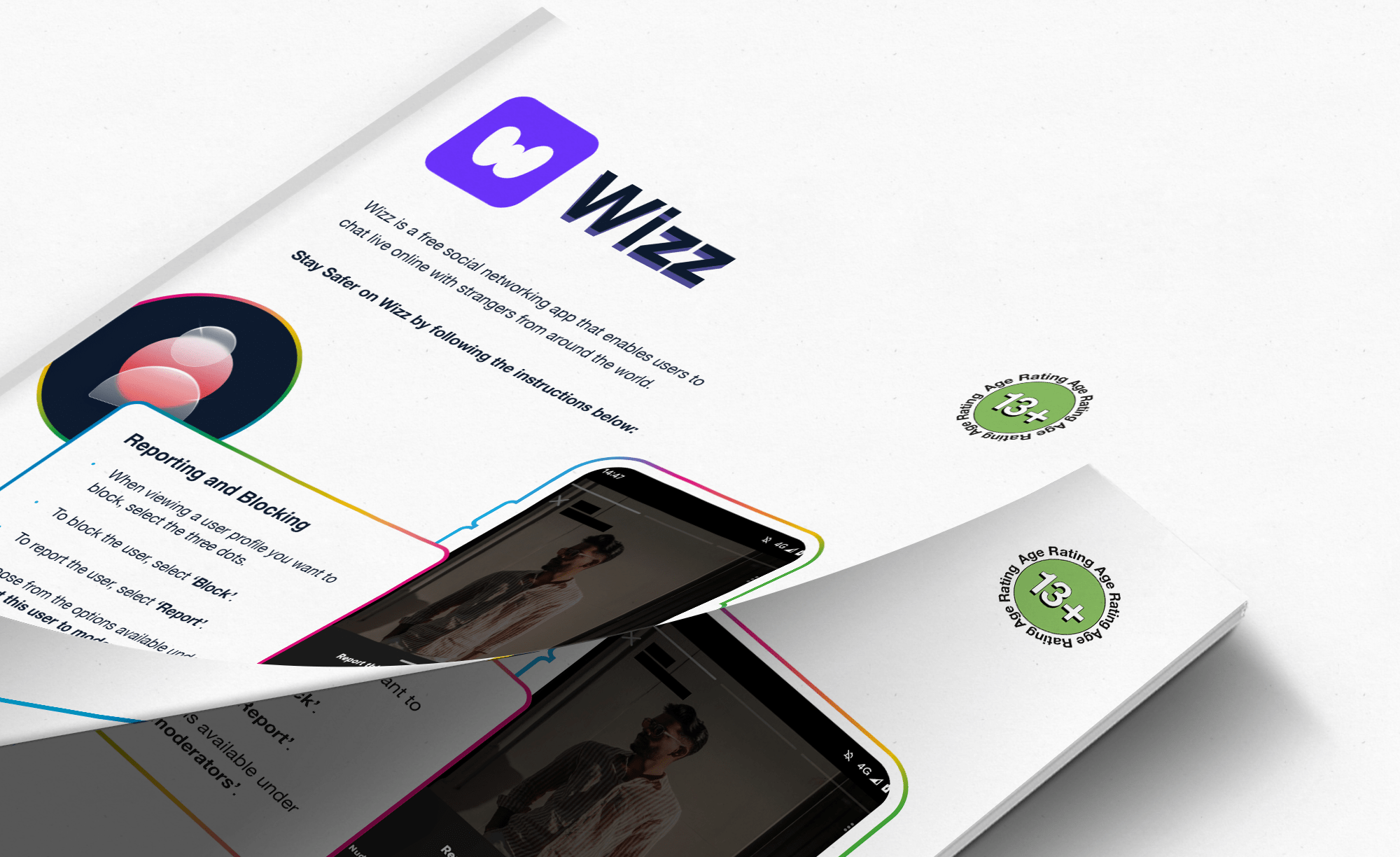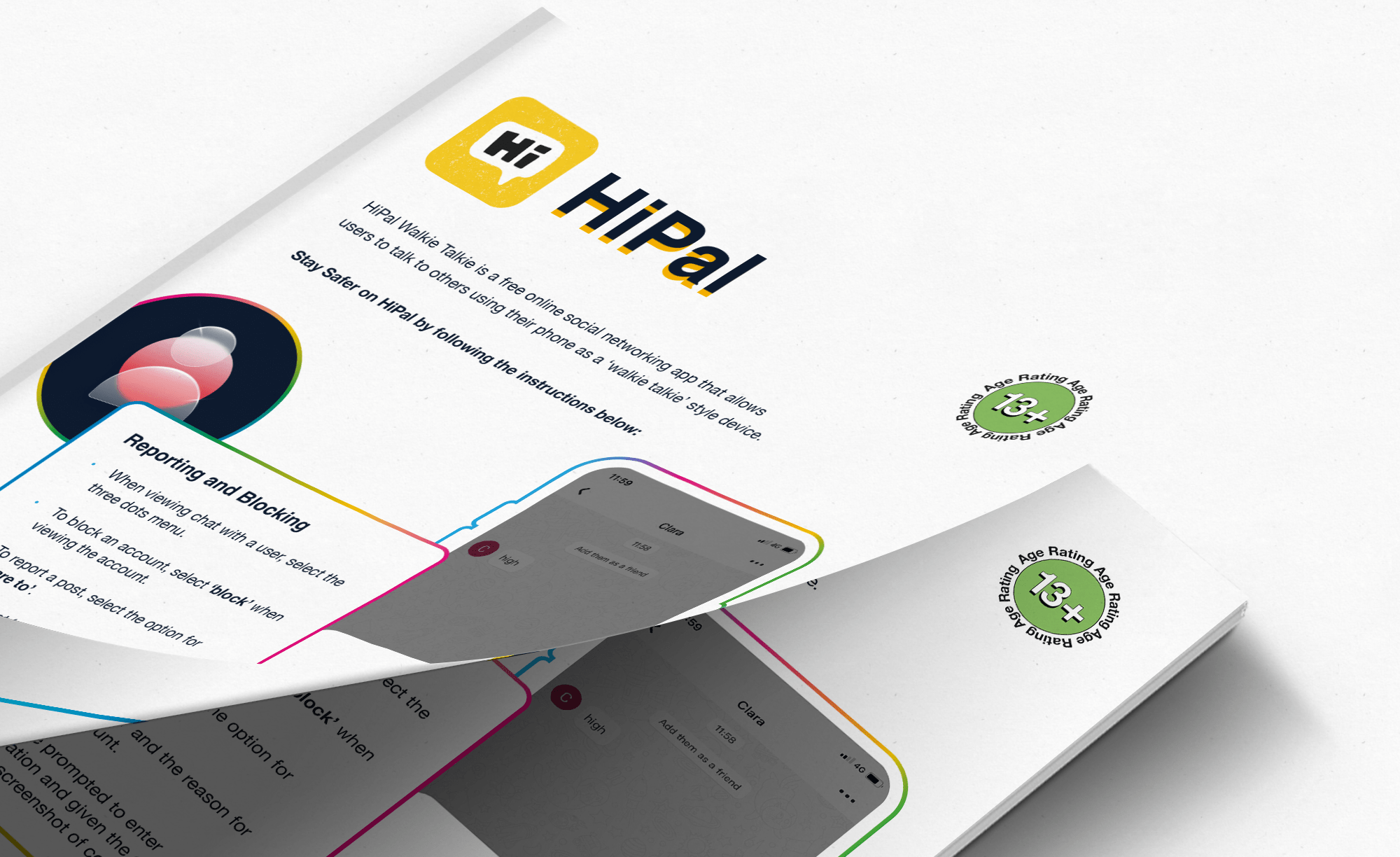Last Updated on 5th April 2024
Recently, friend-finding and social networking apps Wizz and HiPal Walkie Talkie have been topping the charts in their app store categories. Due to their appeal to young people, our experts investigated the apps for potential safeguarding risks, and compiled advice and tips on how to keep the children and young people in your care safer on friend-finding apps.
What is the Wizz App?
Wizz is a free social networking app that enables users to chat live online with strangers from around the world. It features a swiping system in users can browse through profiles to choose someone to chat with, similar to popular dating apps for adults, such as Tinder.
Although the app is free, there are paid subscriptions available.
- Users are grouped by age category.
- In order to reply to messages, users must accept message requests.
- Wizz contains multiple chat options, including a group chat function for friends and voice chat.
- Friends can be selected based on their location, age, gender, and interests (e.g. sports or gaming).
What is HiPal Walkie Talkie?
HiPal Walkie Talkie is a free online social networking app that allows users to talk to others using their phone as a ‘walkie talkie’ style device. It works even when a user’s phone is locked and not in use.
Upon sign-up, users indicate whether they are either 12 and over, or under 12-years-old. The features do change slightly depending on which of these age categories a user falls into.
- Users must be friends on the app to use the walkie talkie function with each other.
- There is no limit on distance when using the walkie talkie feature.
- The group chat function is for friends only.
- The ‘BOOM’ feature notifies users of messages or walkie talkie messages when they aren’t using the app.
- Users can post images and videos and receive likes, comments, and messages from strangers worldwide.
- Posts can be shared on other platforms, such as Snapchat, Twitter, and WhatsApp via copying their direct link.
- Users have a profile with a unique username, bio, and profile picture and how many likes their posts have accumulated.
- Users under 12 can use the walkie talkie function to talk to others they have friended.
- The ‘Explore’ tab is limited to friends and family if they have been added by a user with their specific a code. The code is valid for 24 hours.
- Some sections act as a social media platform for under 12s, where children can post photos, receive likes, comments, and messages from friends.
- In theory, there should be no stranger interaction on this version of the app.
What Are Social Networking and Friend-Finding Apps?
In today’s hybrid online-offline world, it seems we are more digitally connected than ever. However, many people still feel a greater sense of isolation in the offline world.
It’s no wonder then that many are turning to an easily accessible option to try and connect with others.
Filling the gap present in popular social media platforms, friend-finding and social apps focus more heavily on one-on-one connection and direct conversations.
Although Wizz and HiPal Walkie Talkie work in slightly different ways, both raise safeguarding concerns over interactivity with strangers, exposure to inappropriate content, poor age verification systems, and more.
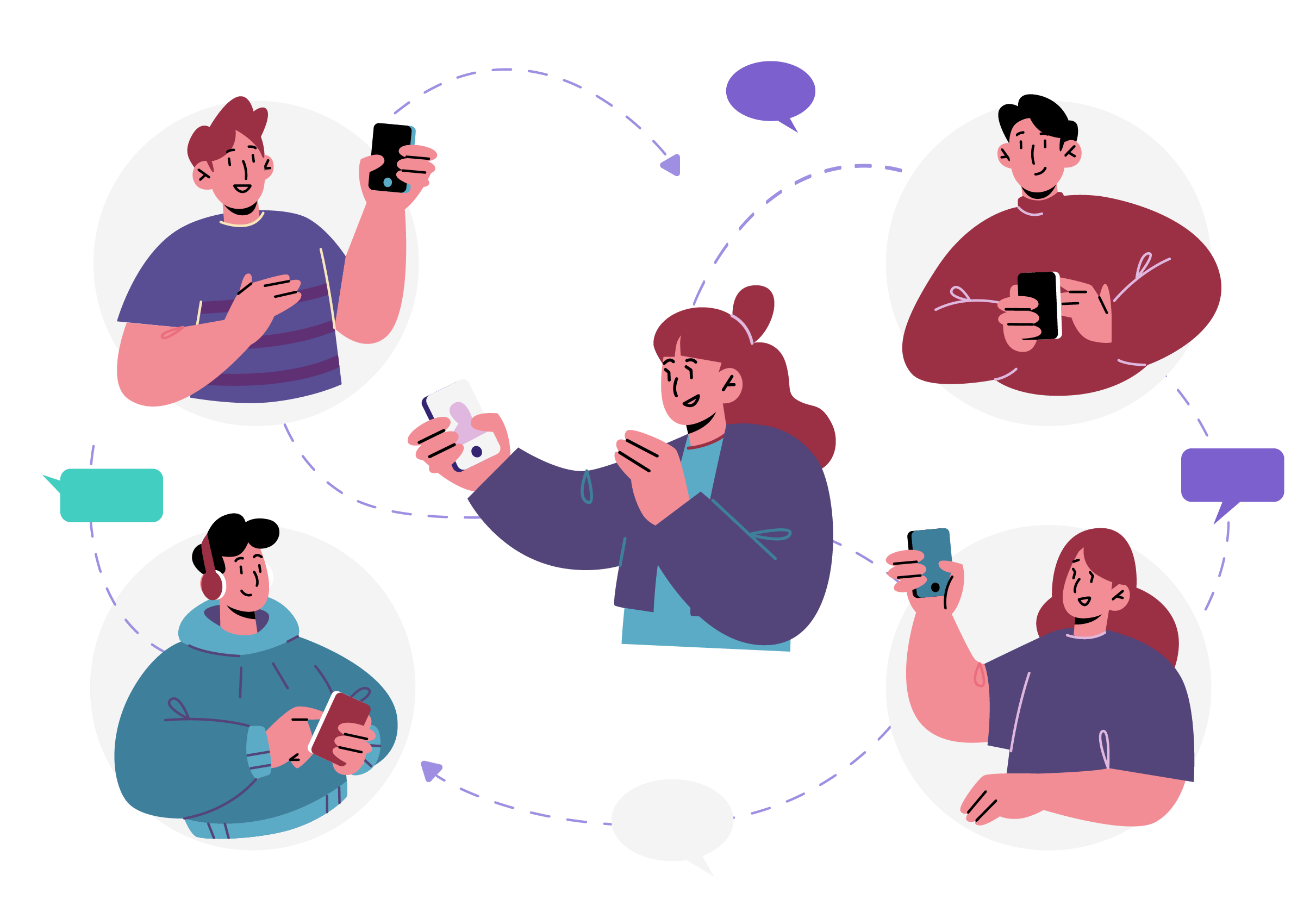
What Are the Risks of Wizz and HiPal?
Wizz
Although using Yoti is generally considered to be more effective, it is not 100% foolproof.
HiPal
Although HiPal’s privacy policy states that the app is ‘not directed to children under the age of 13’, there is evidence that it is being used by younger children. Our experts found the age verification systems on HiPal could be easily bypassed. Users can also potentially set their age to appear older or younger, meaning adults can pose as children, and children and young people can pretend to be older. This leaves children and young people vulnerable to grooming tactics and inappropriate/ harmful content.
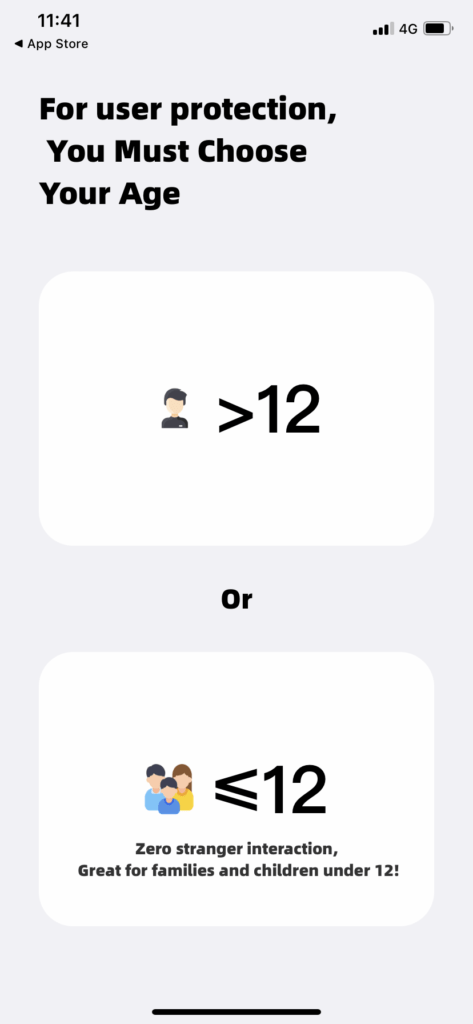
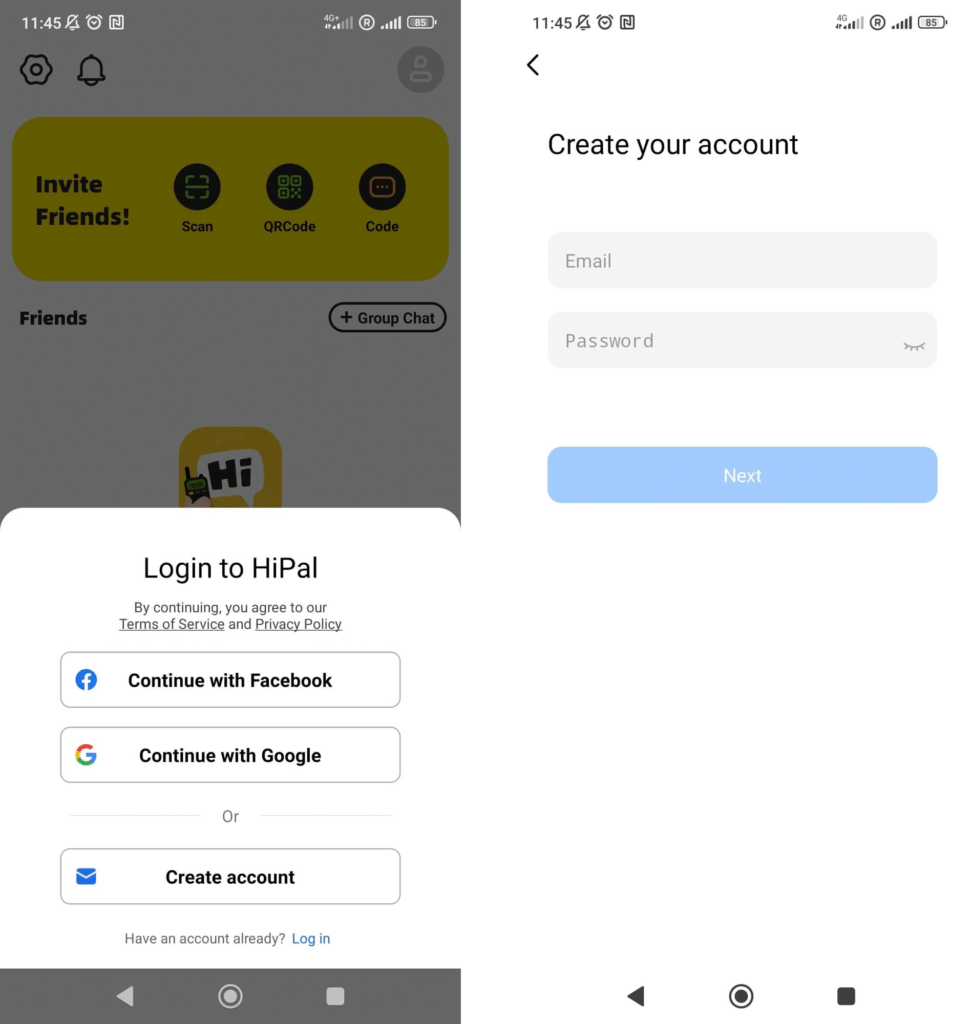
This is a direct contradiction to HiPal’s privacy policy, which states that they do not ‘intentionally collect any information from children under the age of 13’. There are also conflicting reports concerning the data that is collected by HiPal, with their privacy policy claiming they do collect personal information such as your name, email address, and phone number. However, both the Apple iOS Store and Google Play Store seem to have other ideas about what HiPal does with your information.
What are the risks of Friend-Finding Apps?
Top Tips
- Try the app. Before allowing a child or young person to use a friend-finding and social networking app, download it and try it for yourself. First-hand experience will help you think about whether it’s appropriate for the child or young person in your care.
- Talk about friendships. Open up a conversation about friendship, loneliness, and whether the child and young person in your care feels they have support and people to talk to. Don’t mention friend-finding and social networking apps unless they bring them up first. They might not have heard of them before, and you could just be encouraging their curiosity.
- Provide channels for conversation. Make sure the children and young people in your care know who their trusted adults are and that they can go to them to talk about their feelings, experiences, and concerns. By ensuring they have someone to talk to ‘in real life’, you’re lessening the likelihood they will turn to strangers online for advice and support, which could leave them vulnerable for manipulation.
- Support, don’t react. Should the child in your care come to you with concerns or worries about an interaction they’ve had with someone on an app like HiPal Walkie Talkie or Wizz, it’s important not to react negatively or overdramatically. This could put them off coming to you in the future. Instead, listen, reassure them that you are there for them, and offer support.
- Check safety settings and parental control features. When you know what apps and platforms the child and young person in your care is using, check that all the necessary safety settings and parental control measures are in place. You can use our Safety Centre to find out more, and also learn how to block and report on the most popular apps and games.
Visit our Safeguarding Hub to view and download more Safety Cards on a range of platforms ranging from Social Media to Gaming.
Learn more about Trusted Adults
Join our Online Safeguarding Hub Newsletter Network
Members of our network receive weekly updates on the trends, risks and threats to children and young people online.
Pause, Think
and Plan
Guidance on how to talk to the children in your care about online risks.
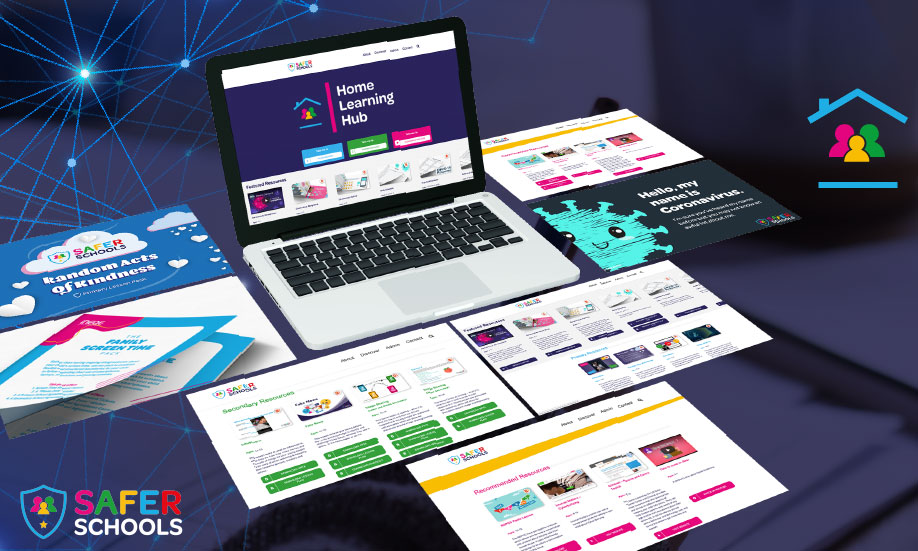
Visit the Home Learning Hub!
The Home Learning Hub is our free library of resources to support parents and carers who are taking the time to help their children be safer online.


